Moroccan cuisine is a tantalizing blend of flavors influenced by a rich history and diverse culture. The locals primarily savor dishes that incorporate aromatic spices, fresh ingredients, and a harmonious balance of sweet and savory elements. Meals are often communal, emphasizing the importance of sharing and enjoying food together.
Breakfast at Café Clock in Marrakech: A Flavorful Morning
As the sun peeked over the ochre walls of Marrakech, I eagerly embarked on my culinary adventure, starting with a traditional Moroccan breakfast at Café Clock. The air was filled with the inviting aroma of spices as I settled into a bustling corner of the cafe.
Opting for the classic Berber omelette was an easy choice. The omelette was a mosaic of colors, packed with tomatoes, onions, and a burst of earthy flavors from the cumin and coriander. Each bite was a harmonious blend of textures and tastes, a symphony of savory goodness.
Accompanying this delight was the freshly baked khobz, a Moroccan bread that’s more than just bread—it’s a cultural emblem. Its warm, doughy interior contrasted perfectly with the slightly crispy exterior, a testament to the artistry of Moroccan bakers.
And then, the pièce de résistance—mint tea. Its vibrant green hue was a feast for the eyes, and the first sip was an explosion of freshness. The sweet, aromatic mint danced on my palate, complementing the hearty flavors of the omelette and bread.
At a mere cost of 50 MAD ($5.50 USD), this breakfast was a steal for the sheer delight it brought. But it wasn’t just about the food; it was about embracing a morning ritual cherished by Moroccans—a communal feast that kickstarts the day with flavors that linger in your memory long after the last sip of tea.
As I savored every bite, I couldn’t help but appreciate the beauty of this cultural experience. The locals’ passion for food was evident in every dish, making me feel like more than just a traveler—I was a participant in a tradition, a momentary custodian of Moroccan heritage.
Lunch at Nomad Restaurant: A Taste of Moroccan Elegance
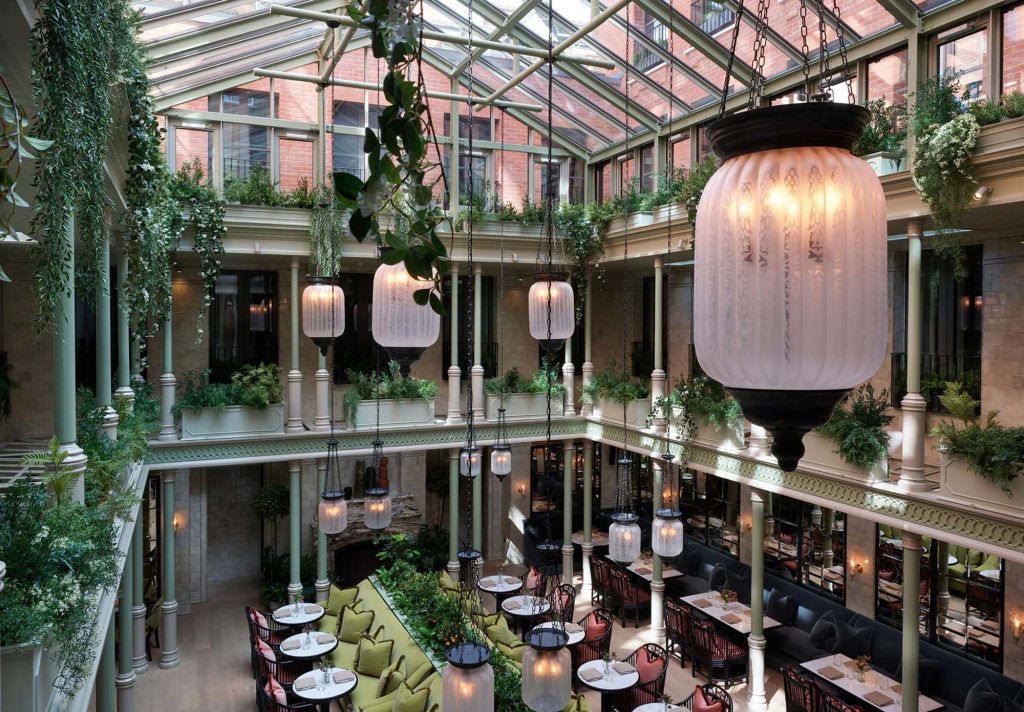
Navigating the maze-like alleys of the Medina, I stumbled upon Nomad Restaurant, a culinary gem tucked away in the heart of Marrakech. Eager to dive deeper into Moroccan flavors, I opted for their lamb tagine, a renowned dish simmered to perfection.
As the tagine arrived, its aroma teased my senses, the steam swirling tantalizingly around the earthenware. The sight alone was a work of art, tender chunks of lamb nestled amidst prunes and almonds, bathed in a rich, savory sauce. The anticipation heightened my eagerness to dig in.
The first forkful was a revelation—a symphony of flavors unfolded on my tongue. The lamb, slow-cooked to tender perfection, practically melted in my mouth, infused with the sweetness of prunes and the nutty richness of almonds. Each bite was a culinary masterpiece, a harmonious marriage of savory and sweet, with spices lingering in the background, tantalizing but not overpowering.
Priced at 120 MAD ($13 USD), this dish was a steal for its impeccable taste and the sophistication it exuded. The blend of tender meat and the unexpected sweetness was a delightful surprise, an embodiment of Moroccan cuisine’s ability to combine seemingly contrasting elements into a culinary masterpiece.
Finishing the last bite, I couldn’t help but admire the finesse of Moroccan cooking techniques. The flavors lingered, leaving a lasting impression that extended beyond the meal itself. It wasn’t just about the food; it was about the artistry, the heritage, and the shared experience of savoring a dish that embodies the soul of Morocco.Dinner at Dar Yacout: An Extravaganza of Moroccan Gastronomy
Stepping into Dar Yacout felt like entering a palace adorned with intricate Moroccan architecture. The ambiance exuded elegance, setting the stage for an extraordinary culinary journey through Morocco’s finest flavors. Seated in the enchanting riad, I embarked on a seven-course feast that promised to showcase the pinnacle of Moroccan cuisine.
The meal began with aromatic couscous, a quintessential Moroccan staple. The delicate grains were fluffy and soaked up the rich flavors of the accompanying vegetables and tender meats. Each bite was a testament to the meticulous preparation and the art of blending spices to perfection.
Next came the savory bastilla—a culinary marvel that blended sweet and savory elements flawlessly. Layers of thin pastry enveloped a succulent filling of seasoned meat, nuts, and a hint of cinnamon. The juxtaposition of textures and flavors was exquisite, a perfect balance that left an indelible mark on my taste buds.
Priced at 900 MAD ($100 USD), this seven-course extravaganza was a luxurious indulgence that surpassed mere dining; it was a sensorial celebration. Each dish was a masterpiece, meticulously crafted to showcase the depth and diversity of Moroccan gastronomy.
The flavors lingered long after the last course had been served, leaving me in awe of the culinary mastery displayed at Dar Yacout. It wasn’t just a meal; it was a culinary odyssey, a tribute to the cultural richness and culinary heritage of Morocco. The experience was lavish, yes, but the flavors, the aromas, and the memories created were priceless—a testament to the incomparable beauty of Moroccan cuisine.
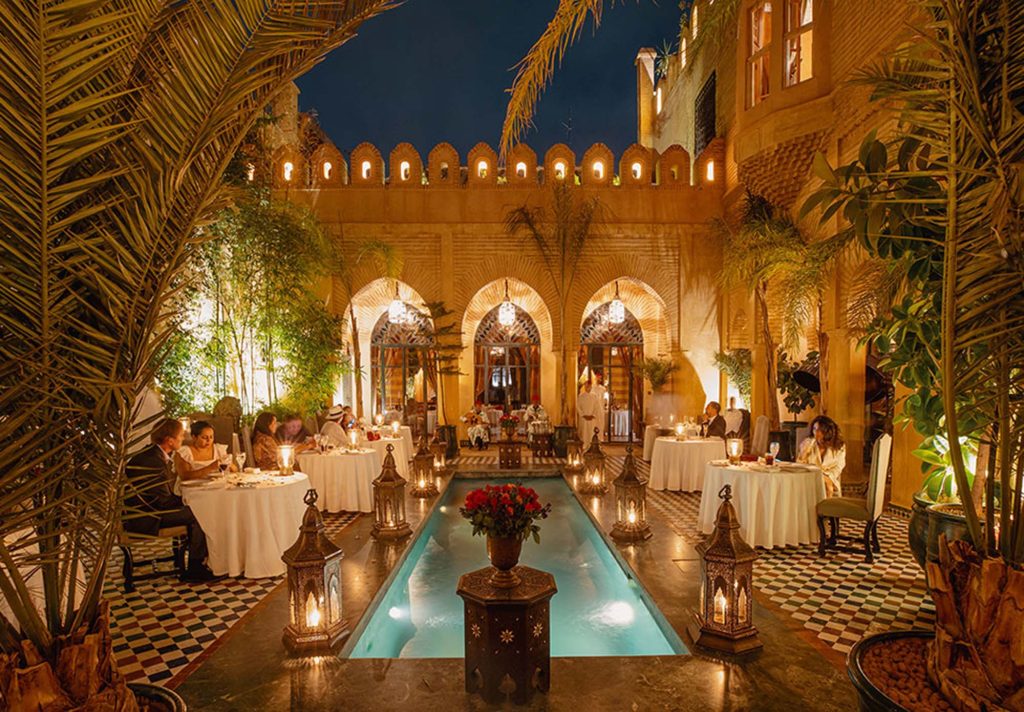
Personal Reflections
In Morocco, flavors aren’t just tastes; they’re an orchestra playing on the tongue, an intricate dance of spices that tells stories of tradition, history, and culture. The robust warmth of cumin, the delicate sweetness of dates, and the loving embrace of slow-cooked meats create an enchanting medley that awakens the senses.
Each meal I savored felt like an ode to life itself. The vibrant markets filled with aromatic spices and fresh produce were a treasure trove, offering a glimpse into the heart of Moroccan cuisine. The bustling souks echoed with the laughter of locals and the clinking of utensils, a symphony of its own, inviting me to join in the celebration of food and community.
With each bite, I felt the heritage of Morocco unfold. The tagines, carefully simmered to tender perfection, spoke volumes of the culinary expertise passed down through generations. The burst of flavors in every mouthful was a testament to the meticulous balance of spices, a dance that captivated my taste buds.
But it wasn’t just about the food; it was the shared experience. Sitting down with locals, partaking in meals prepared with love and pride, I felt the contagious passion they had for their culinary traditions. Conversations flowed effortlessly, accompanied by the communal joy of savoring every morsel.
The culmination of these experiences painted a vivid canvas of Moroccan cuisine—a tapestry woven with layers of flavors, aromas, and textures. It wasn’t merely a meal; it was an invitation to immerse myself in a cultural journey, a chance to embrace the essence of Morocco through its gastronomy.
And as I reflect on these culinary adventures, I realize that Morocco’s flavors aren’t just about what’s on the plate; they’re an invitation to embrace life, to savor each moment, and to share in the rich tapestry of humanity through the universal language of food.
Local Evaluation of Food
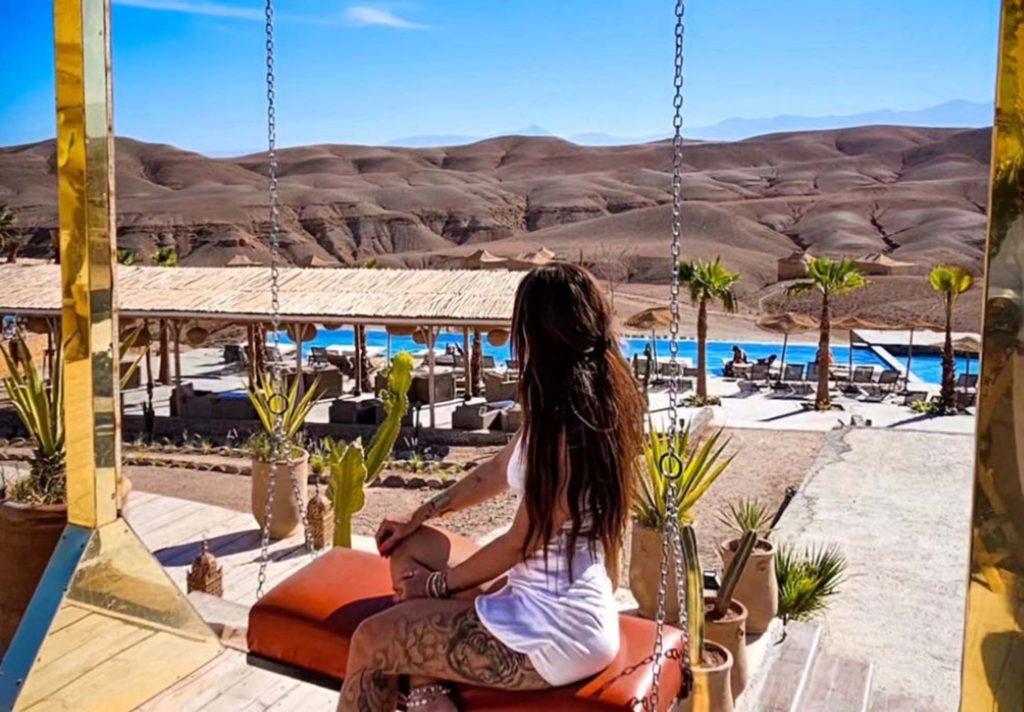
To a local, Moroccan cuisine transcends mere sustenance; it embodies a cultural symphony, a celebration echoing centuries of heritage and tradition. It’s an intricate tapestry woven with spices, flavors, and culinary techniques that echo the soul of the country itself.
The amalgamation of spices isn’t just about adding taste; it’s an art, a heritage passed down through generations. The scent of cumin, paprika, and saffron doesn’t just tantalize the senses; it tells tales of ancient trade routes, of distant lands where merchants exchanged treasures, including these precious spices that now define Moroccan cuisine.
The meticulous preparation isn’t merely about cooking; it’s a ritual, an expression of love and respect for tradition. From the slow simmering of tagines to the delicate layering of flavors in bastilla, every dish is a labor of love, a homage to the culinary wisdom that’s been honed and perfected over centuries.
For a local, sharing a meal isn’t just about eating; it’s an invitation to partake in a cultural experience. It’s an extension of hospitality deeply ingrained in Moroccan culture—a gesture that welcomes travelers to not just taste the food but to embrace the essence of Morocco.
The dining table becomes a crossroads of stories, where strangers become friends over a shared appreciation for the artistry of Moroccan cuisine. The conversations flow, laughter fills the air, and amidst the clinking of glasses and the savoring of each bite, an unspoken bond forms—a connection that transcends language barriers and cultural differences.
For a traveler, Moroccan cuisine becomes a portal, inviting them to savor more than just food. It’s an invitation to delve into the heart of a nation, to understand its history, its people, and its soul through the universal language of flavors.
In essence, Moroccan cuisine isn’t just a meal; it’s an invitation to experience the very essence of Morocco—a celebration of heritage, tradition, and the profound joy of sharing a part of one’s culture with others.
Overall, Moroccan cuisine offers a delectable journey through centuries of culinary expertise, making it an essential part of any traveler’s exploration of this magnificent country.
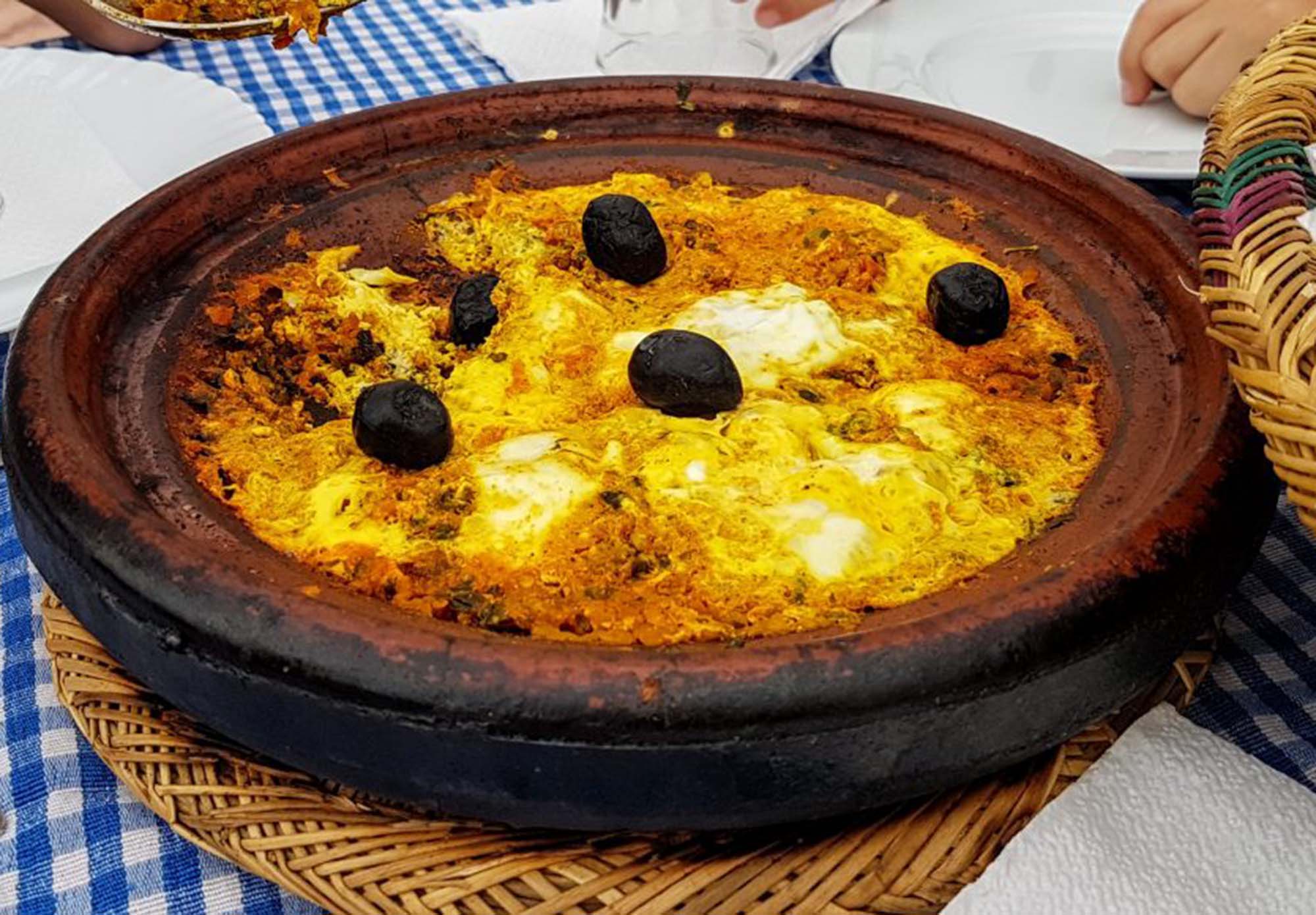
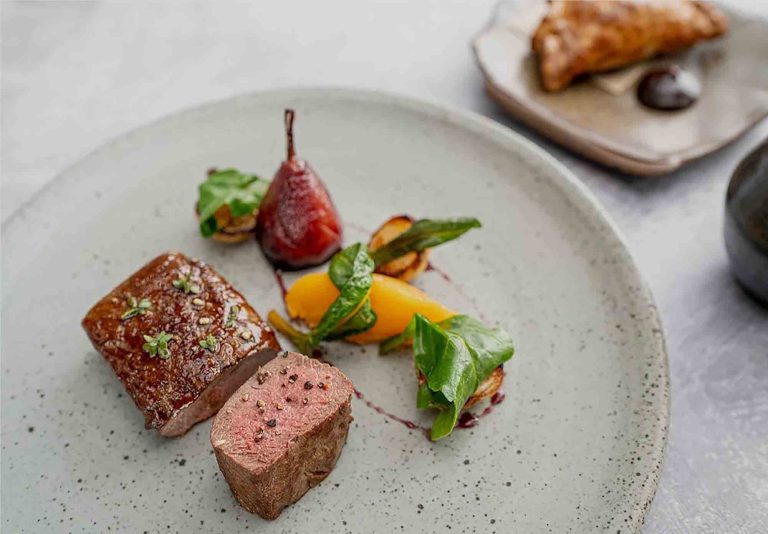
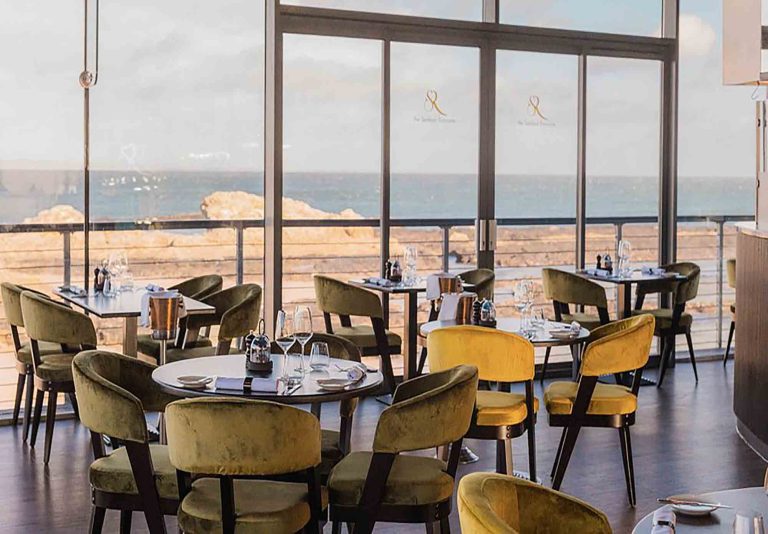
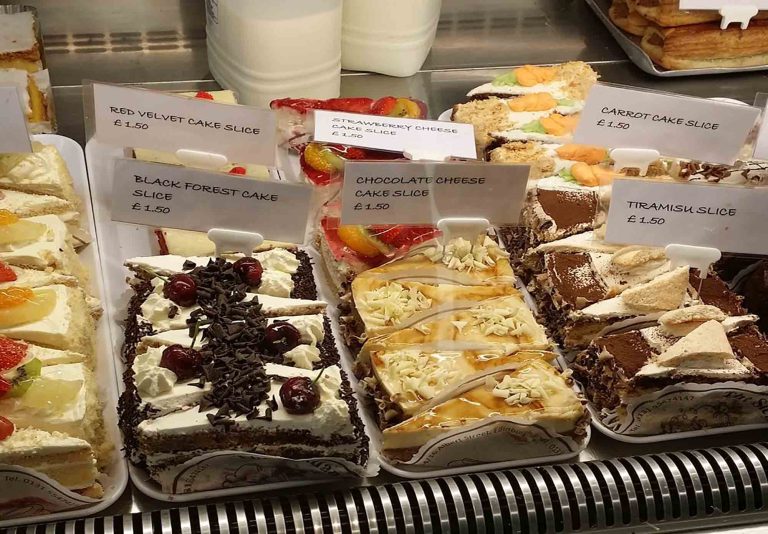
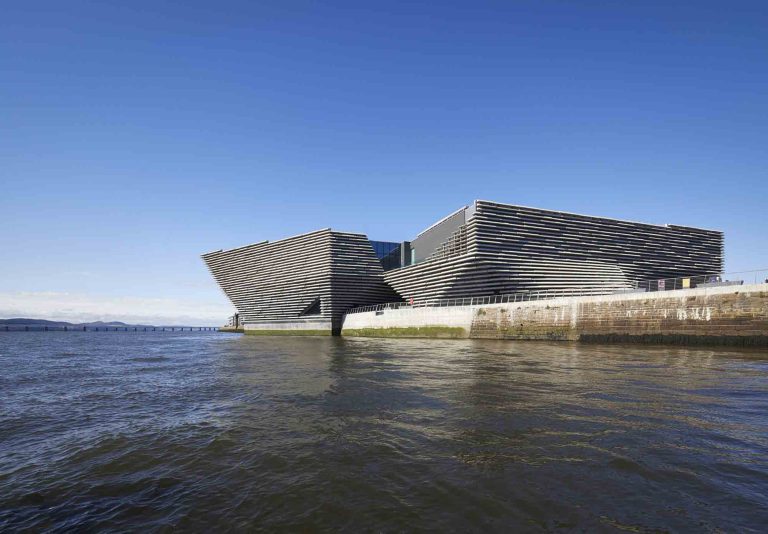



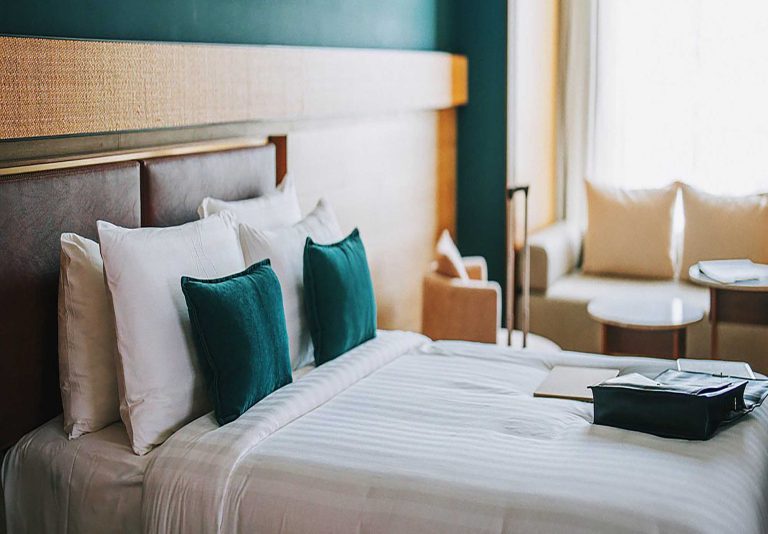


+ There are no comments
Add yours